Renting to a commercial tenant is a bit of a gamble even when the economy is strong. They often require more modifications to an existing property than residential tenants and will generally cause more wear and tear because of many staff members or customers coming and going.
Quite a few businesses fail early on in their existence, and many companies are only a few weeks of hardship away from insolvency. Landlords try to protect themselves from irresponsible business tenants by requiring security deposits and lengthy leases that last for multiple years.
Sadly, even the most carefully constructed commercial rental agreement will do little to protect you if a commercial tenant files for bankruptcy. What can you do to protect yourself and your financial interests when a tenant files bankruptcy?
Be cautious not to violate the automatic stay
As soon as an individual or company files for bankruptcy, an automatic stay takes effect that forces the cessation of all collection activity. That means that you cannot take your tenant to court to sue them for past-due rent or attempt to evict them until their bankruptcy filing moves forward.
Generally speaking, those seeking bankruptcy have 120 days in which to make a decision about existing leases. They can choose to affirm the lease and continue renting your property. They can potentially make arrangements to have someone else assume their lease as a way of minimizing your losses or they could terminate the lease and vacate the premises.
If they choose to stay, you will have some ability to negotiate terms, such as the repayment of past-due rent. If they choose to leave, doing so likely violates the terms of your lease and could leave you with months of unpaid rental costs.
Can you hold a bankrupt company accountable for unpaid rent?
Your lease probably requires that the tenant continue paying rent for several years. In theory, if your tenant decides to end the lease as part of their bankruptcy proceedings, you can potentially seek reimbursement from the court for either one year’s worth of rent or 15% of the rent still due under the contract.
Before you make any collection efforts or otherwise pursue your rights as a property owner with a non-paying tenant who has filed bankruptcy, you likely want to talk with an attorney familiar with commercial real estate law to protect yourself from potentially costly mistakes.

